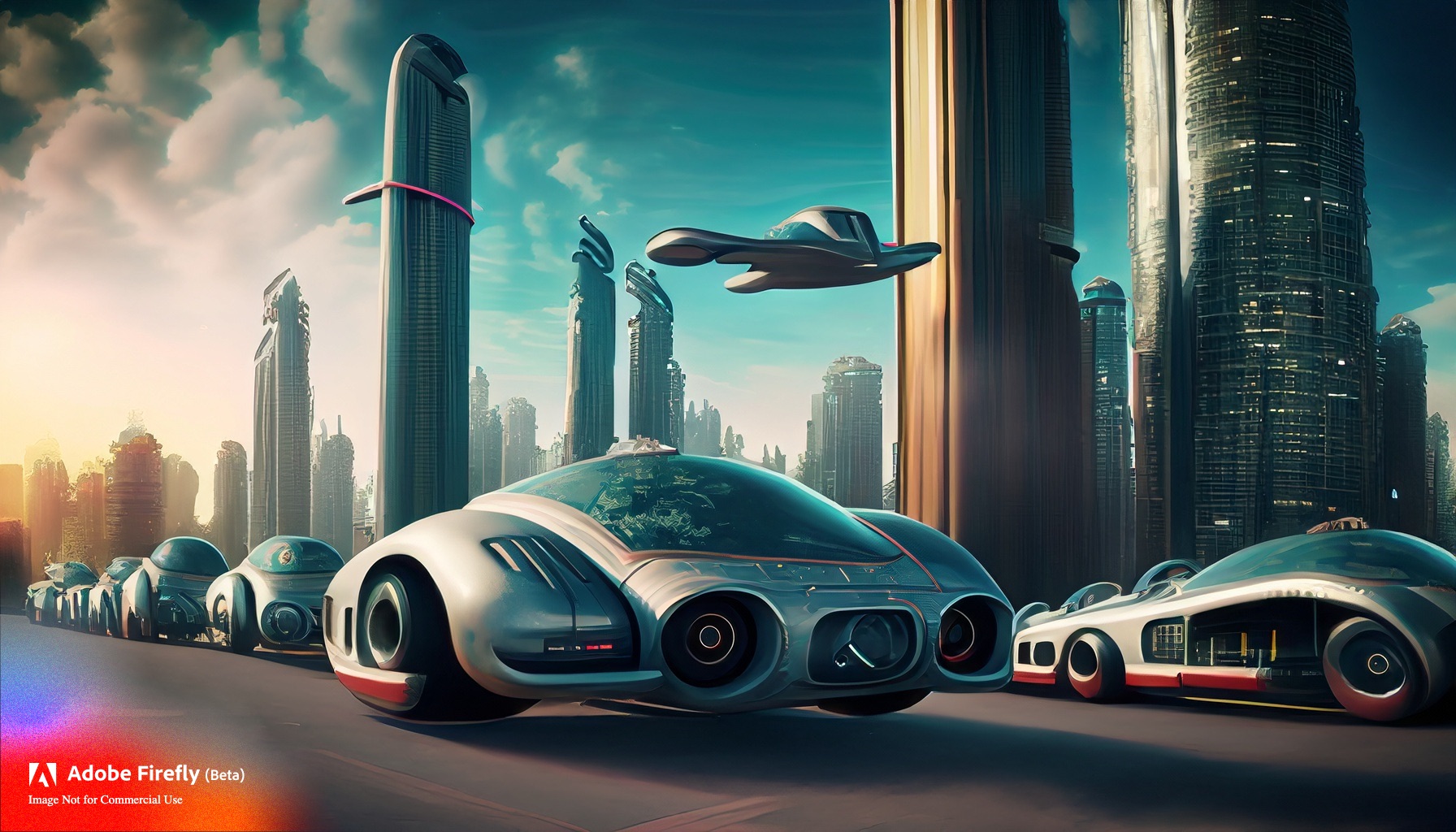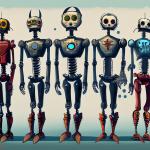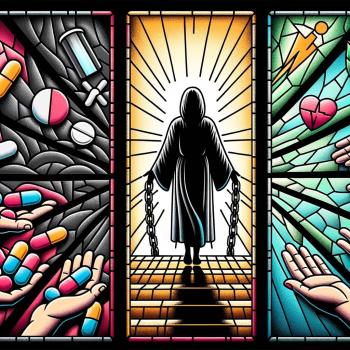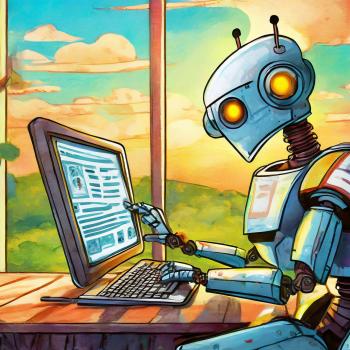
When I was a boy I couldn’t imagine anything beyond the year 2000.
I’m not sure how much of it was due to the perceived importance of a new millennium, how much of it was due to the difficulties of extrapolation, or how much of it was due to the millenarianism that afflicted many of the religious.
I’m not sure how big of a deal it was in other Christian denominations, but for members of The Church of Jesus Christ of Latter-day Saints, there was a vague but persistent belief that the turn of the millennium marked the end of the world. The belief wasn’t universal, but it was certainly widespread.
Had I been able to imagine something past the year 2000, it wouldn’t have looked anything like this. It simultaneously seems that not enough has changed and everything has changed, though in neither case did change come in the way that was expected.
The common complaint is, “Where’s my flying car?” Or an observation that some other promised wonder never materialized. Instead we’ve ended up with something very different, as this observation I came across on Reddit illustrates:
I possess a device, in my pocket, that is capable of accessing the entirety of information known to man.
I use it to look at pictures of cats and get in arguments [sic] with strangers.
People still talk about the wondrous technology that awaits us — things like artificial superintelligence, fusion reactors, and an end to aging — any one of which would dramatically change the world. But we got none of it. Instead, all of our advancements have been turned towards vapid ends: social media, easily accessible hardcore pornography, and arguments over gender identification.
I always expected to live through the “last days.”
I never expected them to be so damn weird.
All of this revolves around technology. It has always had the capacity to cause enormous harm, while also providing huge benefits. But in the past these harms were obvious, things like nuclear weapons or pollution.
Increasingly, the harms are more subtle. People talk seriously of a second civil war; if such a calamity comes to pass the divisions brought about by social media will have played a large role. This is not the role people expected social media to play when it first entered the scene. Most expected it would be a way to connect the world and bring us all together—not tear us apart.
From all of this we can draw three conclusions:
- Certain technologies, like fusion power or immortality, are so great that when they arrive we will pass into “The Future”—the end of the old world and the beginning of the new.
- Other technologies like nuclear weapons or fossil fuel extraction could be so bad that we also pass into “The Future”, but rather than a utopia it’s an apocalypse.
- It may not be obvious which category a technology falls into until significant time has passed, enough time that it may be difficult to undo the harmful effects.
In religious studies there is an entire discipline centered around the end of the world. It’s called eschatology and I consider myself an aspiring eschatologist. That said, we need to take this discipline and broaden it. Rather than viewing things through a strictly religious lens, technology makes it clear that we face all sorts of secular apocalypses as well. In fact there are an entire universe of potential endings, some good, most bad, and many subtle. I think we need to pay a lot more attention to those endings that are both subtle and bad.
Technology allows us to move with greater and greater speed, but it’s not always clear where we’re headed in such a hurry, and the road ahead is treacherous. When I first started writing on the topic of religion and technology, back in 2016, I was inspired by a verse in the Book of Jeremiah, chapter 8, verse 20:
The harvest is past, the summer is ended, and we are not saved.
My hope is that none of those three things are true.
My worry is that all of them are.












